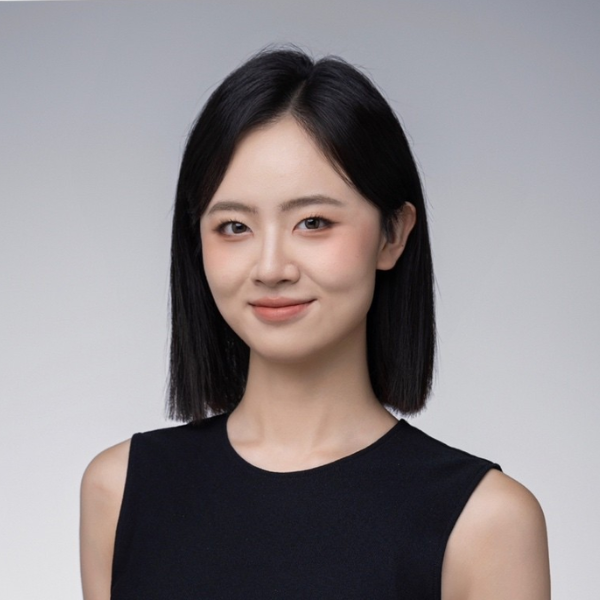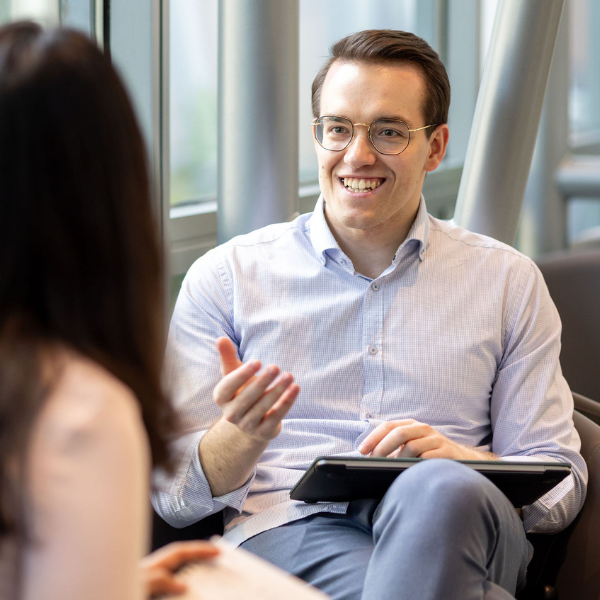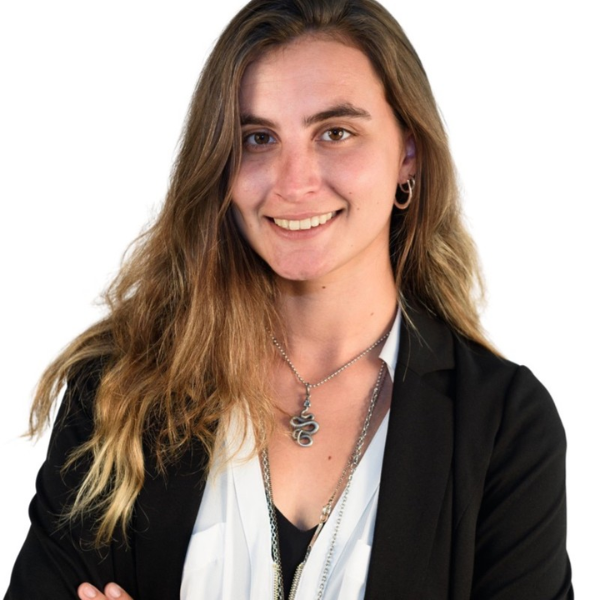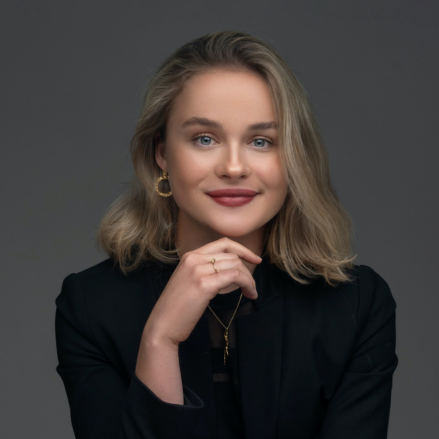Classes are strong everywhere, and the campus locations shape you in different ways.
Wanshu He

Tell us a bit about yourself and why you chose INSEAD.
I studied economics at Zhejiang University in China. Because COVID wiped out most exchange opportunities, I wanted an international Master’s where I could actually live in different places.
INSEAD’s structure was ideal: six months in France, six months in Singapore, and I fitted in the Abu Dhabi study trip in between.
I hadn’t properly lived abroad before, only short school visits to the Netherlands, Italy and Sri Lanka, so this felt like the right time to explore.
How did the multi-campus experience shape you?
Classes are strong everywhere, but the cities shape you in different ways. In Singapore, I realised that, although it’s very international, the pace and size didn’t feel right for me in the long term. Living there for six months made that clear. Abu Dhabi was only a week, yet it combined company visits with time in the city, which connected classroom learning to what’s happening on the ground. That kind of exposure helped me make later career choices.
You packed in several internships. Walk us through them.
INSEAD’s visa set-up let me intern in both Singapore and France. After coursework, I stayed in Singapore for a summer internship at Restaurant Brands International (Burger King, Tim Hortons). My manager was Dutch; teammates were from India, Singapore and Brazil. The home-group projects at INSEAD had prepared me to speak up and collaborate in that mix. I received a return offer, but I wasn’t sure about committing to Singapore for two or three years.
I then moved to Paris for a four-month financial analyst internship at Homa (a gaming publisher scale-up). It was very hands-on: budgeting, expense tracking and presenting to the CEO. Because the team was small, I saw strategy as well as finance.
After that, I extended my graduation to take a six-month internship at Procter & Gamble in Paris. P&G invests heavily in interns: a week of training with a cohort of around 30, formal mentoring and very structured learning. My VP oversaw both Finance and IT, so for the first three months, I sat with the IT project team working on data analysis and building automation tools for finance. In the final three months, I moved into pure finance. Every intern runs a defined project; mine was translating the country targets from Geneva into team-level goals in France, partnering across brand, category and functions. It meant working with almost every team lead, understanding their constraints and still landing aligned targets.
You chose AIG over a return to P&G. Why?
P&G offered me an IT Project Manager role focused on building automation for Finance. I appreciated it, but I wanted my first full-time step to be directly in finance. At the same time, I was interviewing with AIG, and the fit felt right. I spoke with my line manager and the CFO in the Paris office and had a good feeling. I’ve just started as Expense Analyst, EMEA, so I’m deep in onboarding, tools and processes.
What did the Career Development Centre (CDC) do that helped the most?
During launch week, we took a career-preferences questionnaire. I thought I wanted consulting or investment banking. The results highlighted a high work–life balance preference, which I ignored at first. Looking back, it was accurate and saved me from chasing paths that didn’t suit me.
My coach, Emma, broadened my horizon. I arrived thinking there were only two options. She walked through the results with me, asked where I saw myself in three to five years, and connected me with alumni so I could test the reality. For example, I spoke to a MIM alum in private banking. That conversation helped me decide it wasn’t my fit, and that clarity was valuable.
The CDC also opened doors. The RBI role came through INSEAD’s relationship with the company. In my Singapore team, there were multiple INSEAD interns (MBAs and MIMs), and alumni at the firm gave me very practical advice.
Any CDC coaching you still use?
Yes. I used to script behavioural answers word-for-word for HireVue and memorise them. In a mock interview, Emma told me I sounded robotic. She encouraged me to keep only bullet points and speak naturally. It changed my interviews immediately.
What skills from the MIM show up in your day-to-day?
Cross-cultural teamwork, definitely. The habit of aligning different teams around a target was trained in study groups and then stress-tested during my P&G project. The data exposure from the IT rotation helps as well; I can talk comfortably with tech teams about dashboards and automation, which is useful in FP&A and expense management.
What were the most transformative moments at INSEAD?
The people. In my home group, we took turns hosting dinners. When I cooked a full Chinese meal, we ended up discussing food culture, preferences and taboos. Those casual moments taught me how to read cultural cues. It sounds small, but it’s exactly the kind of awareness you need when you’re grabbing a coffee with a colleague from a different background.
Advice for students aiming for finance or strategy roles?
- Match country realities. In France, front-office finance (IB/PE) usually requires strong French because you face clients. My EMEA role is internal and regional, so English works, but local roles differ.
- Consider the full finance spectrum. Many people say “PE/VC”, but finance is broad. I found I like FP&A because it blends strategy with numbers.
- Expect market differences. My first internship search in France: roughly 500 applications for 10–20 interviews. In Singapore, I sent maybe 10–20 and received multiple calls, many via CareerGlobe. Plan your effort accordingly.
If you could speak to ‘August-2023 Wanshu’, what would you say?
Don’t let other people’s timelines push you. I spent too much of the ten months in job-seeking mode, applying to graduate programmes in countries I wasn’t sure about, simply because applications opened. Decide what you want first, then plan your path. If your target is Singapore or Hong Kong, your calendar is different from someone targeting the UK. And enjoy it. You will only have this cohort and this experience once. Travel a bit more. Breathe. The job will land.




